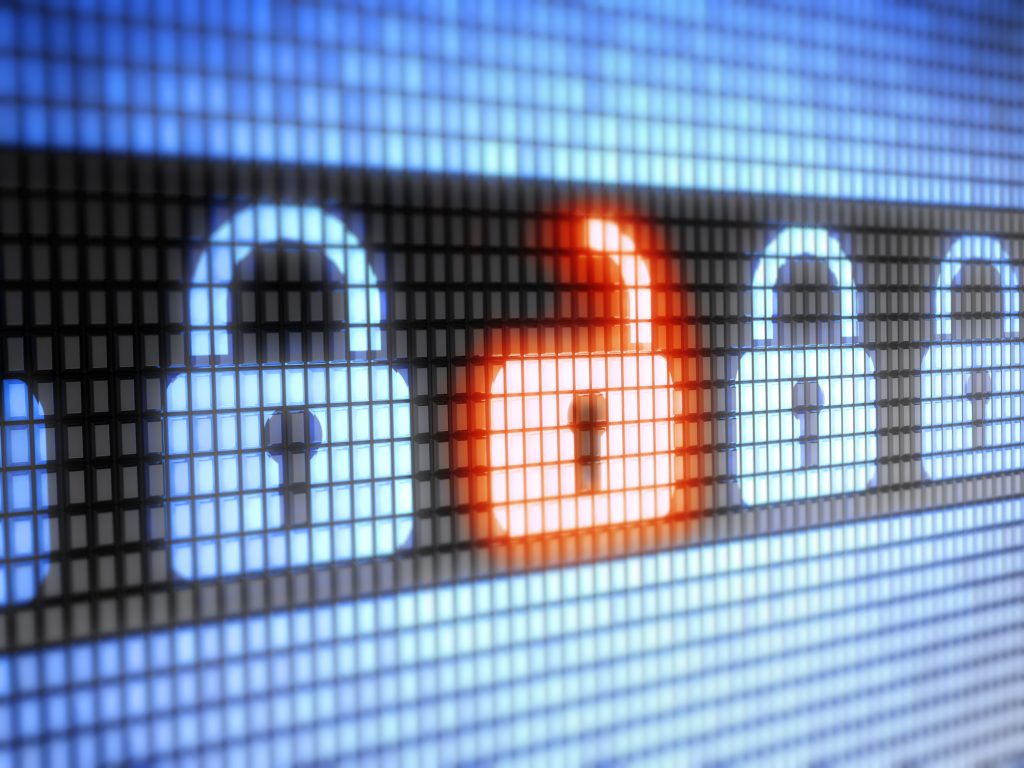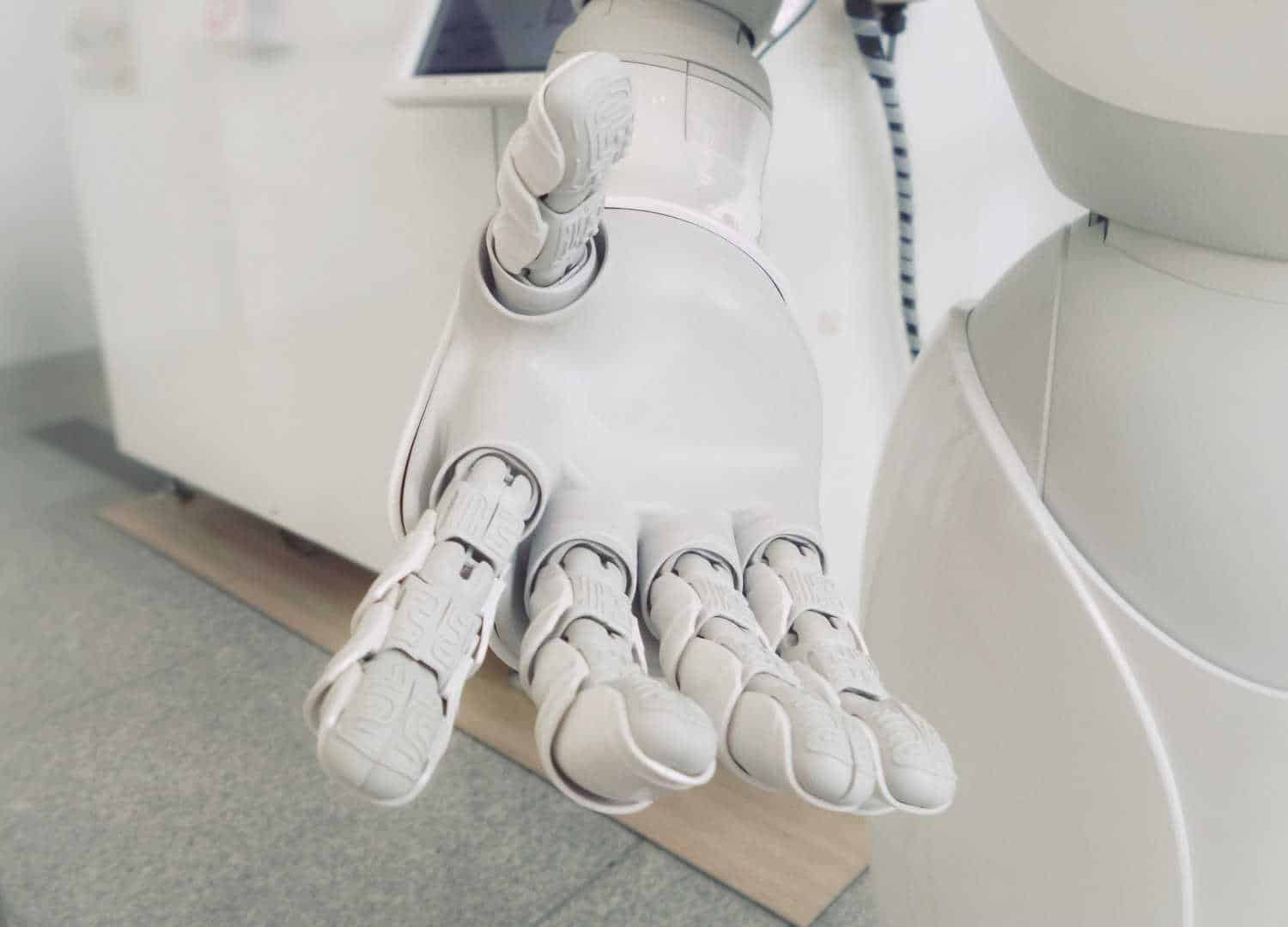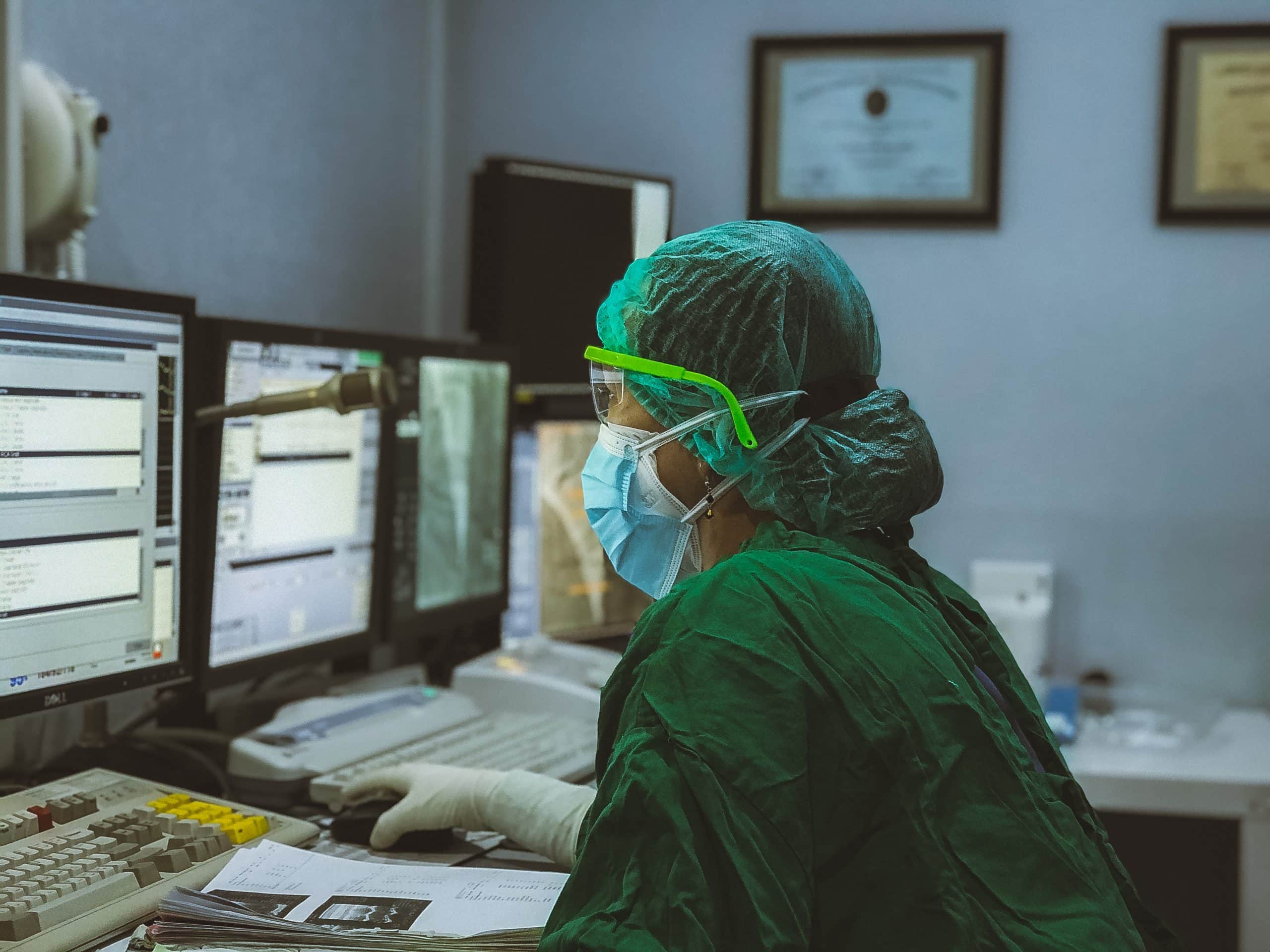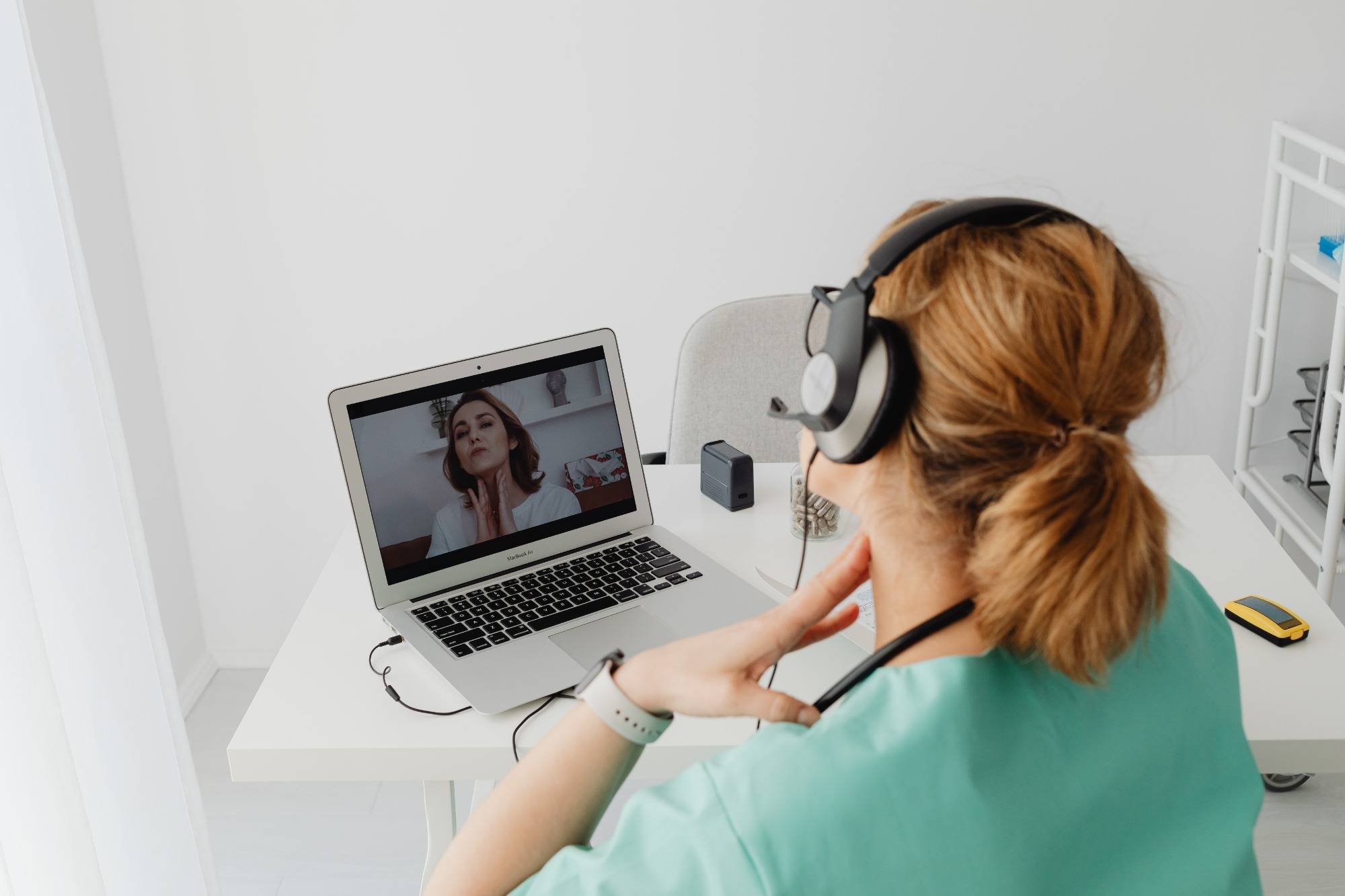The Disadvantages of Technology in Healthcare
Technology permeates our lives more than ever, as technological advances continuously emerge. Every industry has been upended and transformed, including the health and medical industry. While any innovation may seem like progress, there are certainly both advantages and disadvantages of technology in healthcare.
Surgeons today can perform feats that years ago would seem like science fiction.
Advances in genomic sequencing, vaccine and pharmaceutical development, and leveraging artificial intelligence (AI) have all made huge contributions to improving patient care; and connected medical devices are creating more opportunities than ever.
In fact, average lifespans today are higher than they have ever been in human history.
With that, you may be asking yourself, “What are the limitations of the current technologies in healthcare?” “Are there disadvantages of technology in medical fields?”
There are many benefits to AI and other technology in healthcare, but this article will focus on outlining several key disadvantages of technology in healthcare.
Cybersecurity Risks in Healthcare
One of the biggest advantages of using technology in healthcare is the ease in how data is generated, stored, and transferred between systems and parties. When it works well (and when parties adhere to HIPAA compliance), this proliferation in data allows for better healthcare management: from diagnosis to treatment.
Cloud computing in healthcare powers much of these data capabilities and has created the category of cloud-connected medical devices and related software. The idea of devices with sensors that can communicate with other devices and systems is often referred to as the internet of things (or IoT).
Despite the many opportunities for medical devices in healthcare, all of this data being generated and swashing around the internet can be problematic though.
Breach of Protected Health Information
It opens up the potential risk for data to be accessed by third parties. Whether intentionally breached by malicious actors or accidentally exposed, cases abound of patient data making its way into the wrong hands.
And by relying on external cloud service providers to manage their data infrastructure, those without advanced expertise in cybersecurity may be opening up the patients who use their systems to risk.
Altered Data may Inadvertently Lead to Incorrect Healthcare Decisions
Cybersecurity risk doesn’t just pertain to the exposure of private data or the ransoms that are sometimes associated with data breaches. The risks related to altered data can have serious consequences.
Patients and healthcare professionals that are relying on data to make treatment decisions depend on correct and accurate datasets. If data is deleted or altered it can lead to a wrong diagnosis or treatment plan, or other adverse events.
Altered Device Functionality may Result in Adverse Results
The above highlights one of the key disadvantages of IoT in healthcare. Moreover, without the correct security protocols, patients’ connected medical devices may be accessed with the intention of altering functionality. In the worst-case scenario resulting in serious device malfunction in life-and-death situations.
Whether or not cybersecurity contributes to the disadvantages of technology in healthcare is yet to be seen, as thankfully, there are no documented cases of medical devices being hacked for such a purpose. That said, the risk needs to remain at the forefront.
Lack of Empathy in Patient and Doctor Interaction
Utilizing technology can help keep healthcare professionals and patients connected, even when they are not physically present together. For example, by leveraging data and technology, it is possible to provide and update a treatment plan on an ongoing basis, rather than via one-off consultations.
Telehealth is a crucial tool that clinicians are increasingly utilizing as we move through the COVID-19 pandemic. The use of such tools has kept the healthcare system going and ensured that patients receive a continuum of care during these trying times.
Similarly, remote patient monitoring can lower healthcare costs by identifying potential issues earlier and avoiding complications down the road. Remote monitoring and telehealth also allow for addressing the clinician shortages that have plagued many countries including here in the United States, specifically in remote areas.
However, the way in which technology has become the interface between patients and providers has the potential to cause issues. Without responsible patient/doctor relationship monitoring, the benefits will not outweigh the negative impact of technology in healthcare.
Patients Interact with Technology Instead of a Live Care Provider
Dealing with dashboards on connected medical devices and computers removes the human touch of treatment, resulting in a lack of empathy toward patient care.
Risk of Miscommunication
Especially for the elderly and the most vulnerable patients, relying on technology as the interface of care can cause confusion and frustration; and can result in confusion, treatment plans not being understood properly, or patient non-compliance.
Frustration with Poor Implementation
As we continue to discuss the pros and drawbacks of medical technology in healthcare, it brings to mind the popular saying: “technology is great — when it works.”
80% of Americans have at least one frustrating experience with technology each day, according to a study by Asurion.
For the disadvantages of technology in healthcare to be outweighed by the benefits, systems must be accurate, easy to use, and ultimately, improve on the existing methods of patient care. For clinicians and doctors, ensuring that the technology that they are using is easy to manage and understand, rather than a burden, is critical.
More Struggling, Less Caring
Healthcare professionals and clinicians that spend more time struggling with technology as opposed to patient care are likely to disregard the use of technology and future iterations altogether.
But even for healthcare professionals that are in favor of using and implementing technology, ensuring that the technology-assisted outcomes are more accurate, or better at diagnosing is crucial.
Too Much Reliance on Technology
As technologies such as Artificial Intelligence and Machine Learning become more prevalent, care must be taken to ensure healthcare professionals understand the limitations of these technologies. For example, many machine learning models are trained on historical data and don’t adapt well to changes over time whereas operational data has large mismatches to trained data. Similarly, overreliance on AI/ML systems may lead to complacency among clinicians potentially resulting in failure to cross-check or consider alternatives to the system’s predictions.
If technology is not improving healthcare – through speed, efficiency, or accuracy – then the continued adoption of technology within healthcare is not likely to last!
Does Technology Have a Place Within Healthcare?
The use of technology to transform industries and businesses in recent years is well known. With the rapid pace of innovation and technological advances, as well as the evident benefits of AI in the industry, there are still disadvantages of technology in healthcare.
Existing implementations of technology in healthcare have shown the potential to improve the accuracy and speed of diagnosis, treat more patients, and provide better sharing of data between parties that require it.
With such fast-moving innovations, there are always disadvantages — such as those highlighted in this article — to overcome and preempt. Without a doubt, there are still many unexplored opportunities within healthcare and technology that are set to continue the trend in advancing healthcare.
As this new industry matures, the disadvantages are likely to be outweighed by the advantages, presenting a new standard for care.
Do you have questions regarding the challenges of technology in healthcare or the overall impact of technology in the medical field? Don’t hesitate to contact us today.









